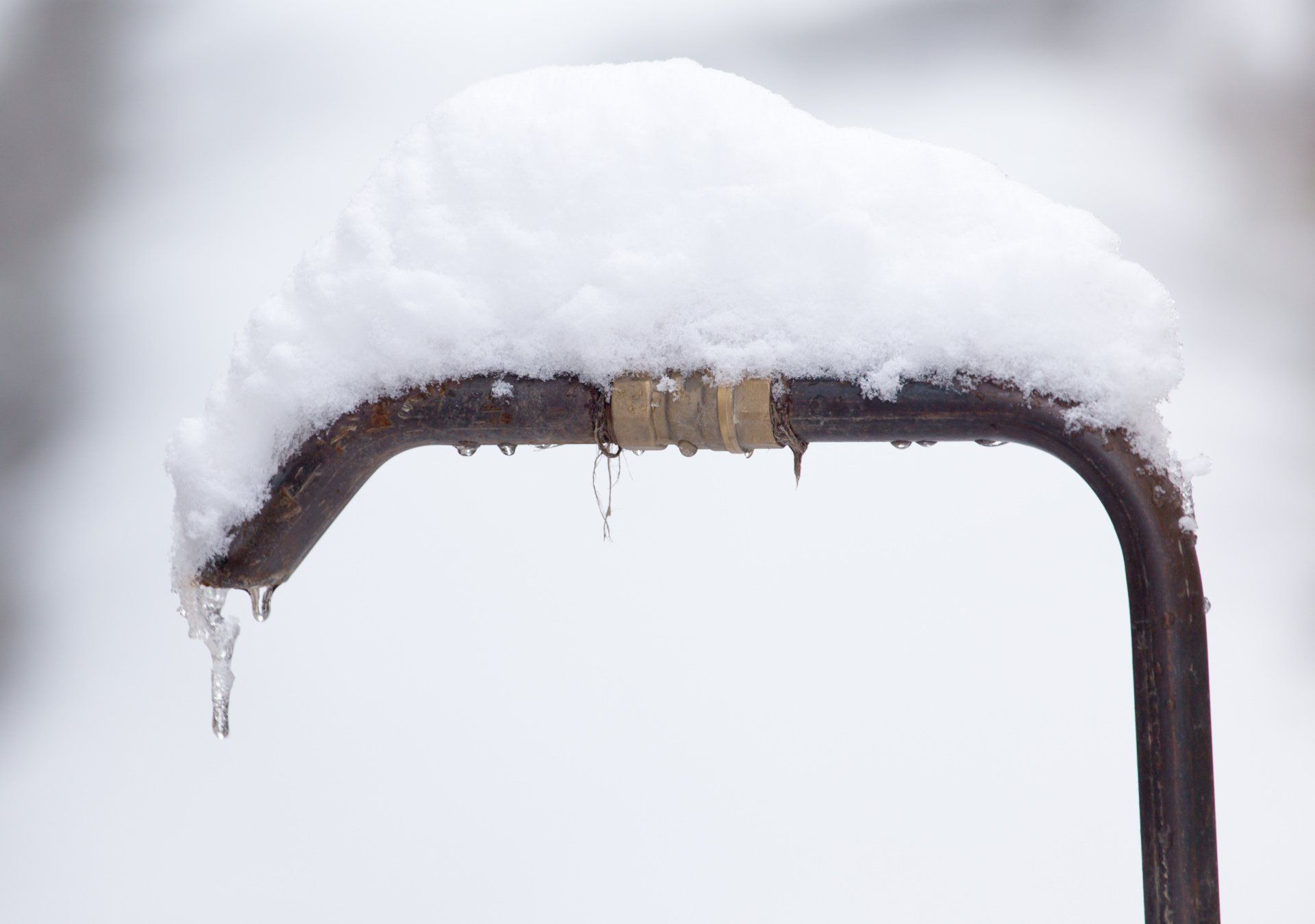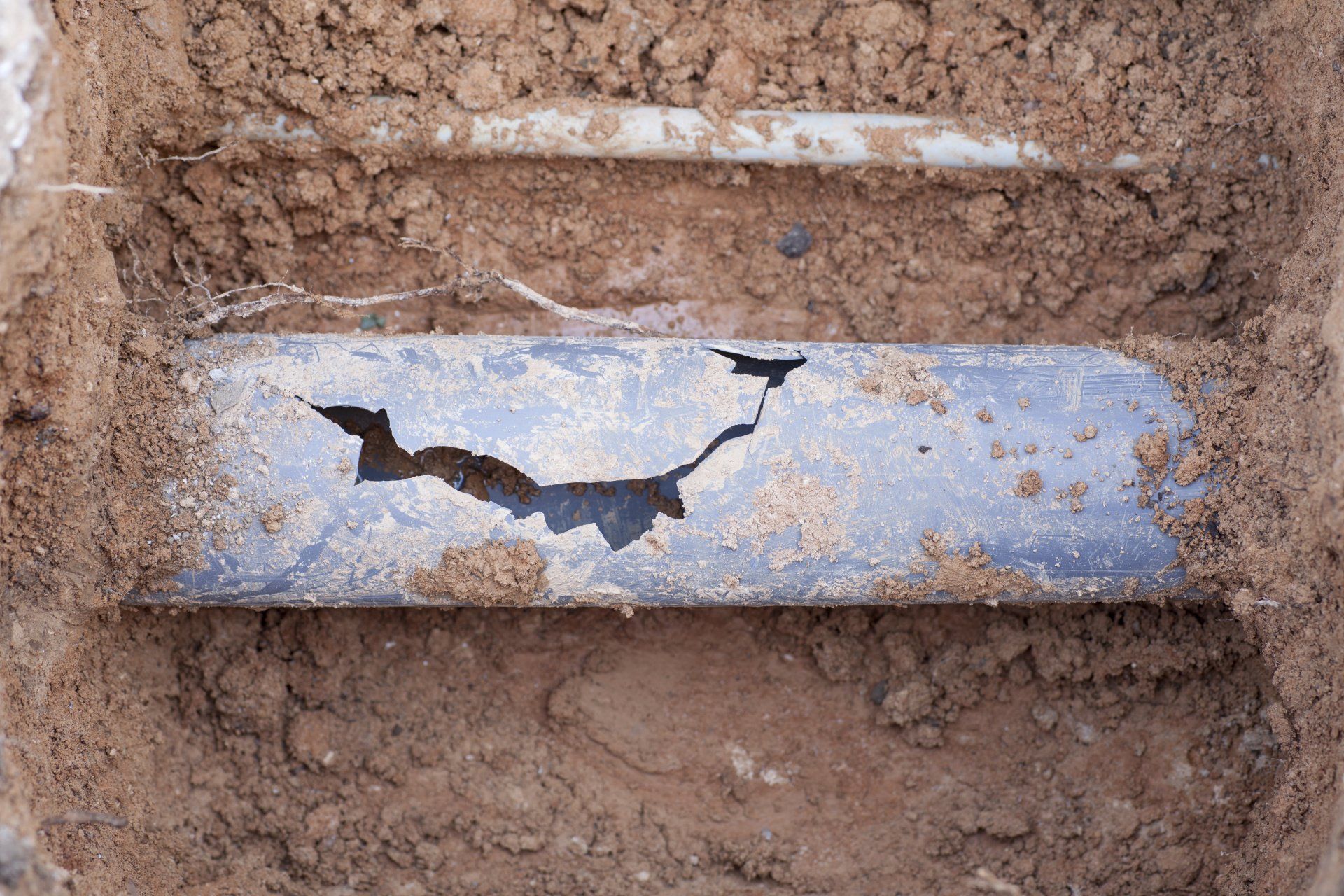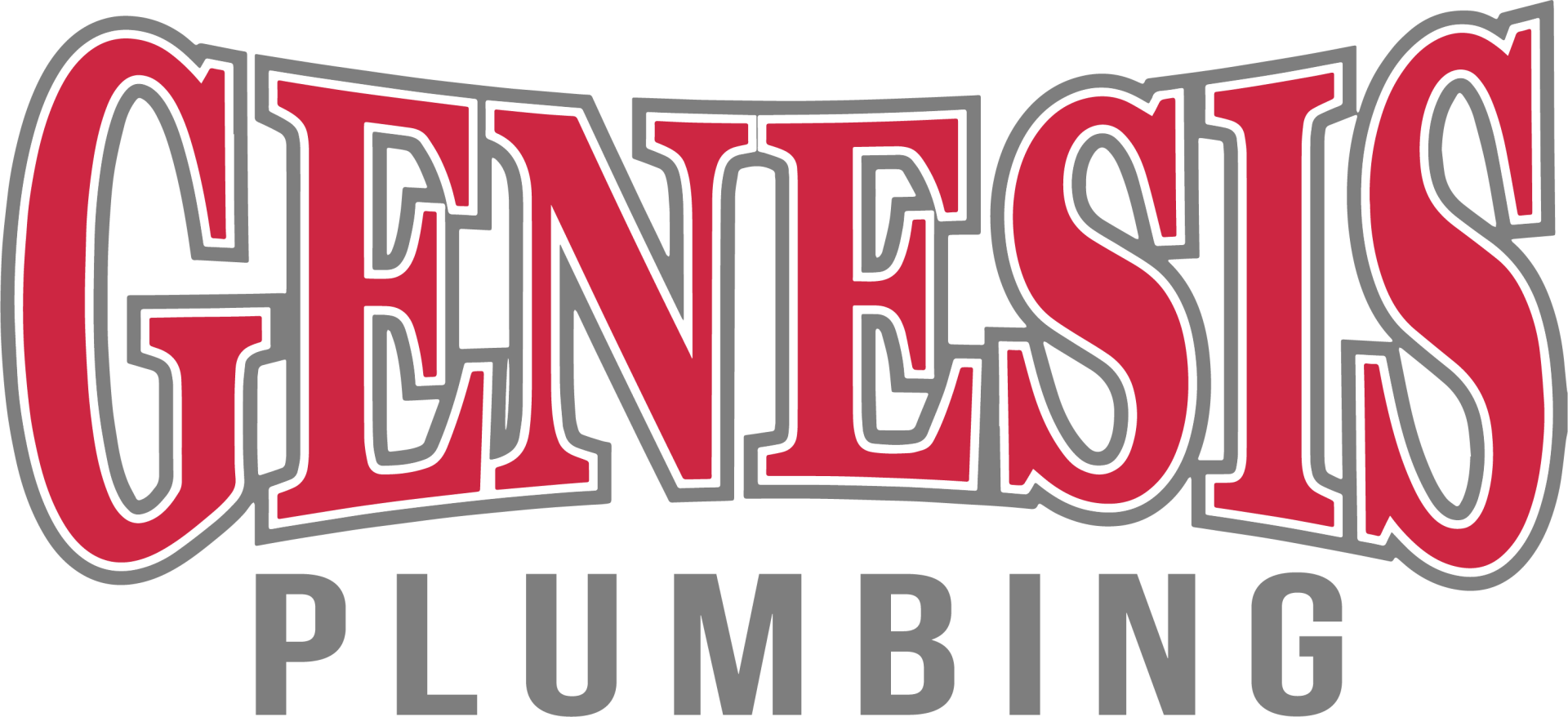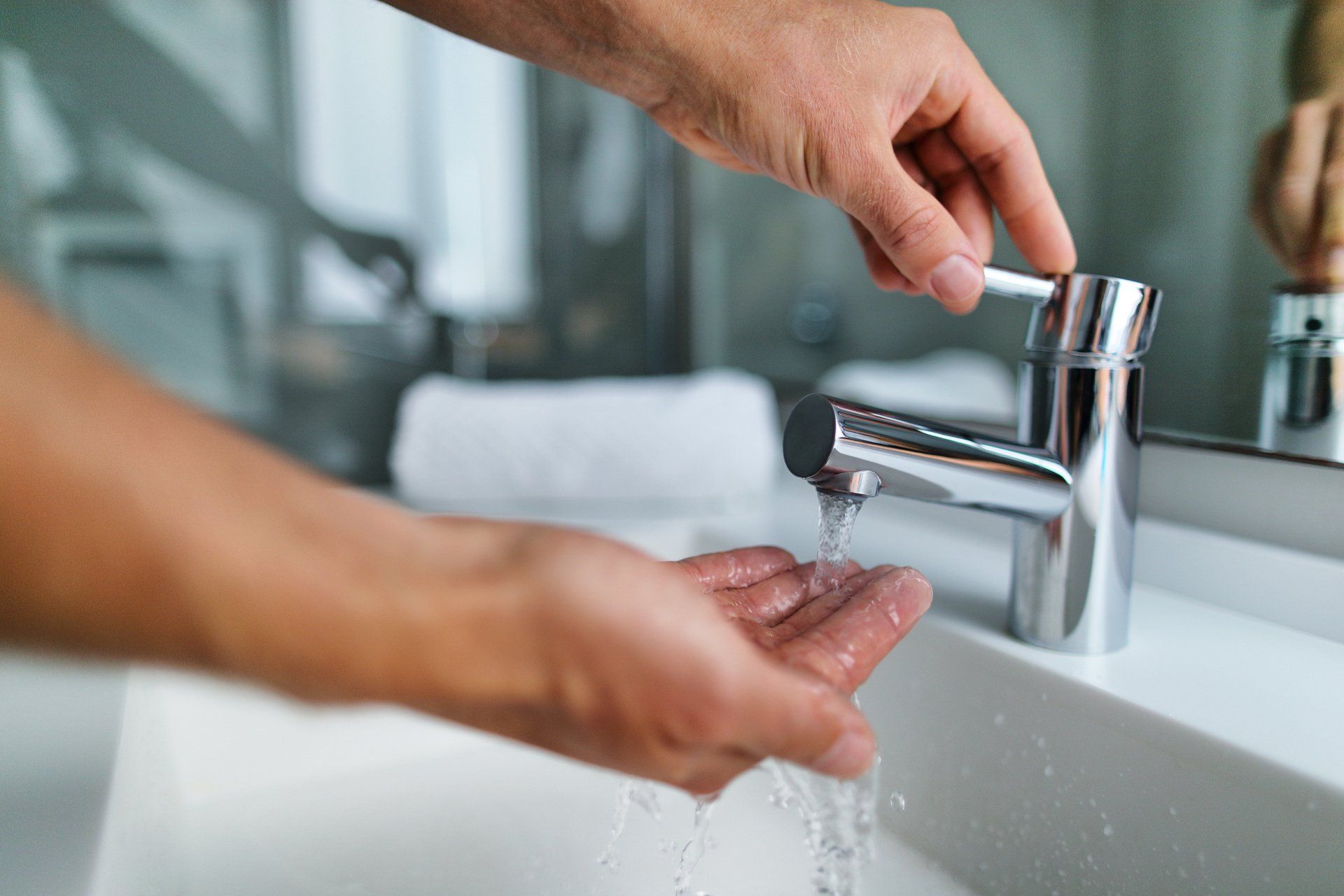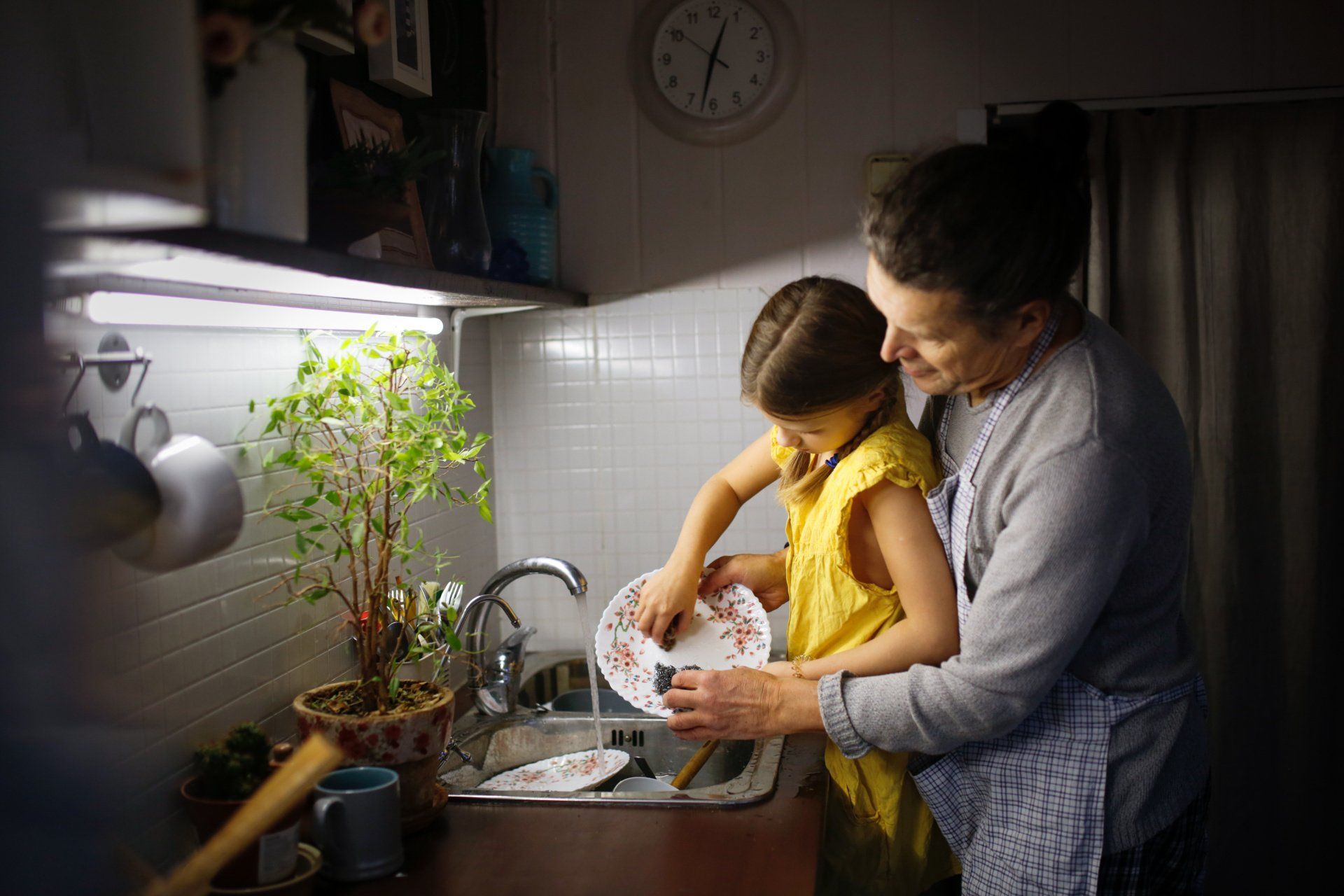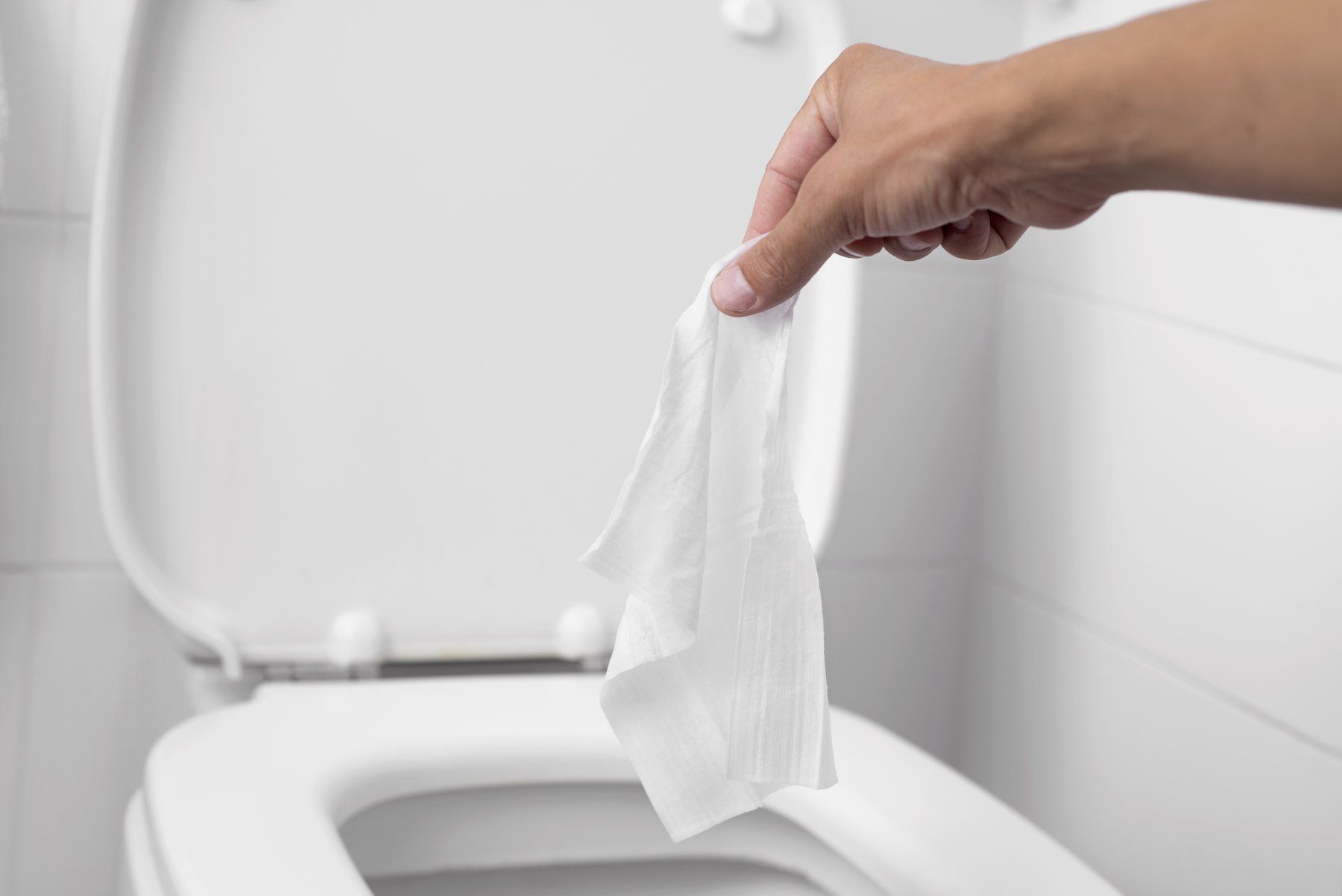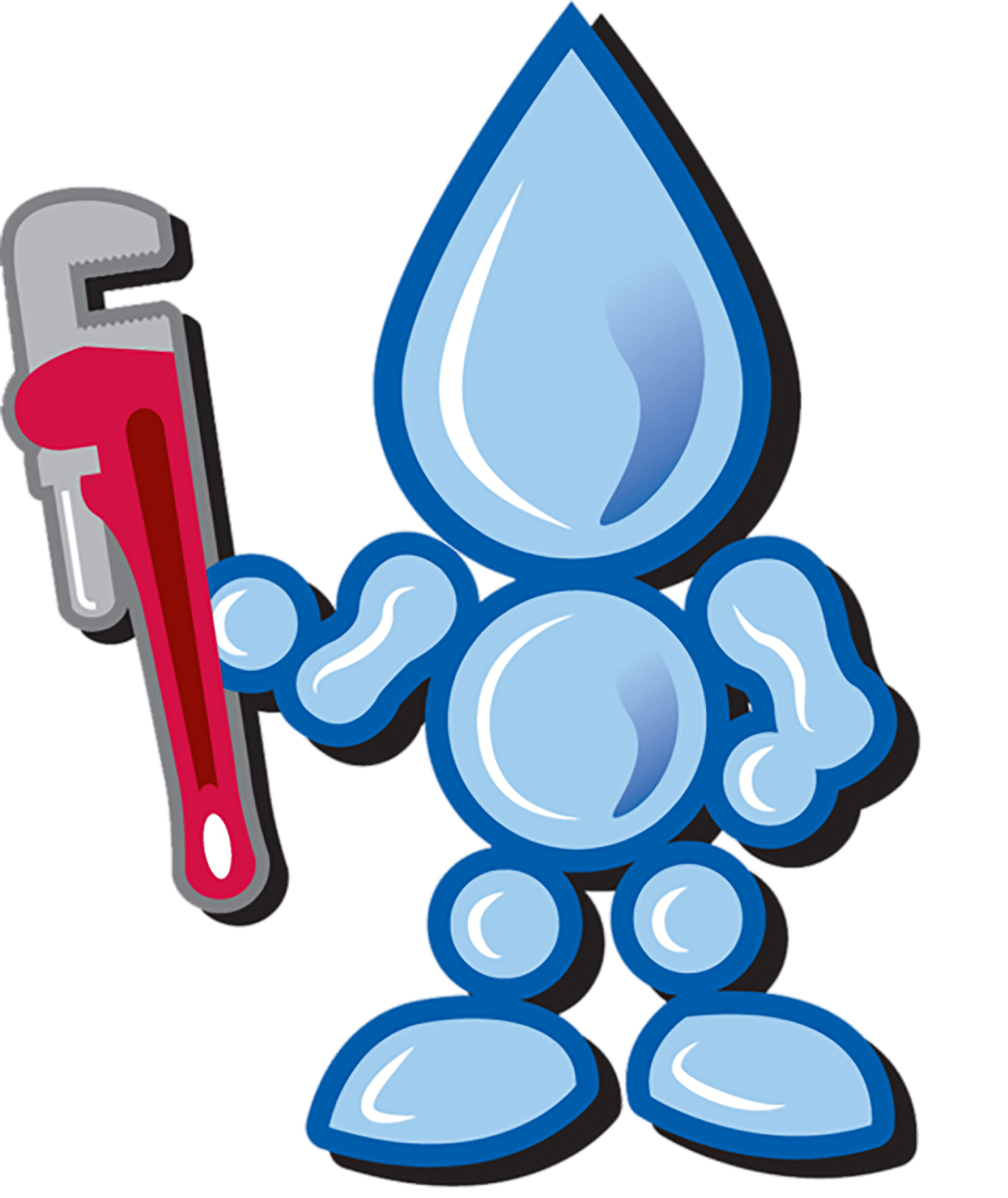Which Water Heater is right for your home: Tanked or Tankless?
Having the right water heater in your home is essential to both your happiness (ever had to take a cold shower before work?) and your budget (broken water heaters require replacement or costly repairs). But which type of water heater is best? Let’s take a look at the two types you have to choose from: Tanked and Tankless.
Tanked Water Heaters: Pros and Cons
Tanked units are the most common type of water heater. As the name implies, they have a tank full of water that remains heated for use. They’re generally less expensive than their tankless counterparts but that saved money is lost in energy efficiency. The water in the tank cools when not in use so it must be continually heated. They also have a shorter lifespan capping out at 10-15 years of use before they need to be replaced. One advantage they do have is that they hold a significant amount of water, which could come in handy in case of a water emergency. Despite that useful survival tidbit, they’re quickly losing the battle to their more efficient counterpart, the tankless water heater.
Tankless Water Heaters: Pros and Cons
Tankless water heaters take up much less space than storage water heaters and they only heat the water that is presently being used. They’re called “on demand” units or instant water heaters because when you turn on the hot water, cold water travels through a pipe and into the tankless water heater where it is heated by a gas burner or an electric element. This allows for a constant supply of hot water unlike tanked units which can run out of hot water if everything in the tank is used before more water can be heated. Tankless water heaters use 30 to 50 percent less energy than units with tanks which typically saves a family about $100 or more a year, depending on water usage. They also have a lifespan of about 20 years compared to that of 10-15 years for those with tanks.
Takeaway
If you’re looking for a cheaper, short-term solution and energy costs or large amounts of hot water on demand aren’t a concern, a tanked water heater may be right for you. If you’d like endless hot water on demand, more energy efficiency, and a longer lifespan, a tankless water heater is your best bet. Whatever your choice, we’re happy to help. Give us a call today to schedule a free estimate!
Share this article!
